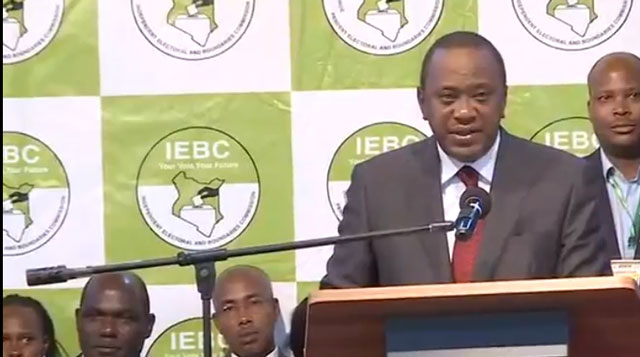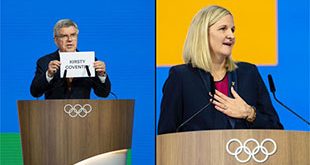
– Calls for calm –
US Ambassador Robert Godec expressed concern over the recent clashes and called for “calm in the coming days”.
“Leaders and politicians should clearly and publicly reject violence and work to keep the peace, and make every effort to ensure their supporters do so as well,” he said in a statement. “We are deeply concerned by reports of excessive use of force by the police.”
His words were echoed by Britain’s Minister for Africa Rory Stewart who said he was “deeply concerned” the recent violence. “I urge security forces to exercise maximum restraint and call on protestors who are exercising their constitutional rights to do so peacefully,” he said in a statement.
While the Supreme Court ruling was hailed as a chance to deepen democracy, the acrimonious bickering between Odinga and Kenyatta — whose fathers were rivals before them — has sharply divided a country where politics is already polarised along tribal lines.
The current political crisis is the worst since a 2007 vote sparked months of politically-driven ethnic violence that left 1,100 people dead.
While the dynamics of 2017’s political crisis are very different, the memory of the bloodshed a decade ago is never far away.
On Sunday, Odinga continued to demand a new election within 90 days, vowing to stage a campaign of “civil disobedience”.
Despite pulling out, Odinga’s name was left on ballot papers.
This means he could again petition the Supreme Court to challenge the election, and observers fear further legal battles that will extend the uncertainty that has already hit east Africa’s richest economy hard.
 The Independent Uganda: You get the Truth we Pay the Price
The Independent Uganda: You get the Truth we Pay the Price



